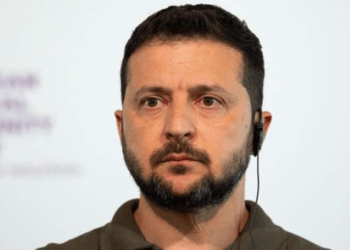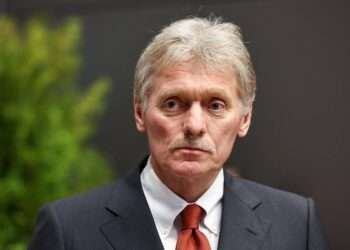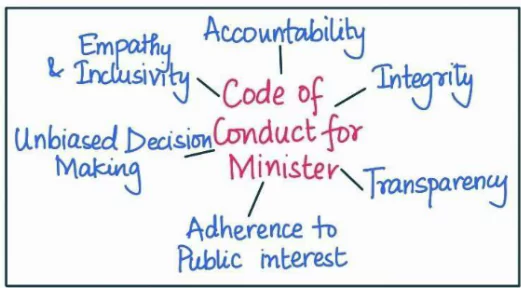German Chancellor Olaf Scholz has urged China to lean harder on Russia over its war in Ukraine.
This came as Scholz and about half of his Cabinet hosted a delegation led by Chinese Premier Li Qiang on Tuesday, June 20, 2023.
Li who is on his first foreign trip since becoming the Chinese Premier in March, landed in Germany on Monday, June 19, 2023 and was received by German President Frank-Walter Steinmeier.

Last week, Chinese Foreign Ministry Spokesperson, Wang Wengbin affirmed that the choice of Germany as Li’s first stop “fully reflects the high importance China attaches to China-Germany relations.”
Wang added that China looked forward to “sending positive signals to the world to strengthen dialogue and cooperation” and joining to address challenges “so as to promote the prosperity and development of the world economy.”
Despite wariness over Beijing’s growing assertiveness and refusal to criticize the Russian invasion of Ukraine, Germany is eager to maintain good ties with China, its biggest trading partner. Germany’s recently published national security strategy describes China as “a partner, competitor and systemic rival.”
In their meeting, Scholz encouraged the Chinese delegation to do more to persuade Russia to end the war in Ukraine.

Scholz said, “I appealed again to the Chinese government to exert its influence even more strongly on Russia in this war.” “As a permanent member of the U.N. Security Council, China carries a very special duty here,” he emphasized.
“It is important that China continues not to deliver weapons to the aggressor, Russia,” Scholz stated, adding that he is “thankful” that China continues to make clear there must be no threat to use nuclear weapons.
Li did not respond directly or mention Ukraine in his statement.
The Chinese Premier, Li Qiang emphasized trade and economic issues in his comments.

Speaking through an interpreter, Li noted, “Deglobalization is flaring up again and the global economy is lacking growth dynamics.” He added that “China places great value on the development of relations with Germany and Europe.”
Scholz mentioned earlier that he wants to avoid over-reliance on Chinese trade and diversify Germany’s supply of key goods; an approach he calls “derisking.” He said that he reassured Li that “we have interest in an economic decoupling from China.” The position was echoed last month by the Group of Seven leading industrial powers.
He noted that “access to the Chinese market and fair competition conditions for German and other foreign companies in China remain a challenge, on which we are pushing for concrete improvements.”
Germany And China Pledge To Combat Climate Change

Being two of the world’s biggest carbon dioxide emitters, the two leaders pledged to work together to combat climate change.
They agreed at Tuesday’s meeting to establish a “climate and transformation dialogue” to find ways to make industrial processes more climate-friendly and speed up the transition to renewable energy sources.
Scholz pointed to extreme weather events such as droughts in China and floods in Germany to illustrate the importance of action.
“As major emitters of CO2, Germany and China bear particular responsibility in the fight against climate change. We will face this responsibility together.”
Chancelor Olaf Scholz
Li said that “dealing with climate change should become an important field of cooperation for both sides.”
After his visit to Germany, the European Union’s biggest economy, Li is scheduled to travel to France, where he will attend the “Summit for a New Global Financing Pact,” which is being held at French President Emmanuel Macron’s initiative.




















